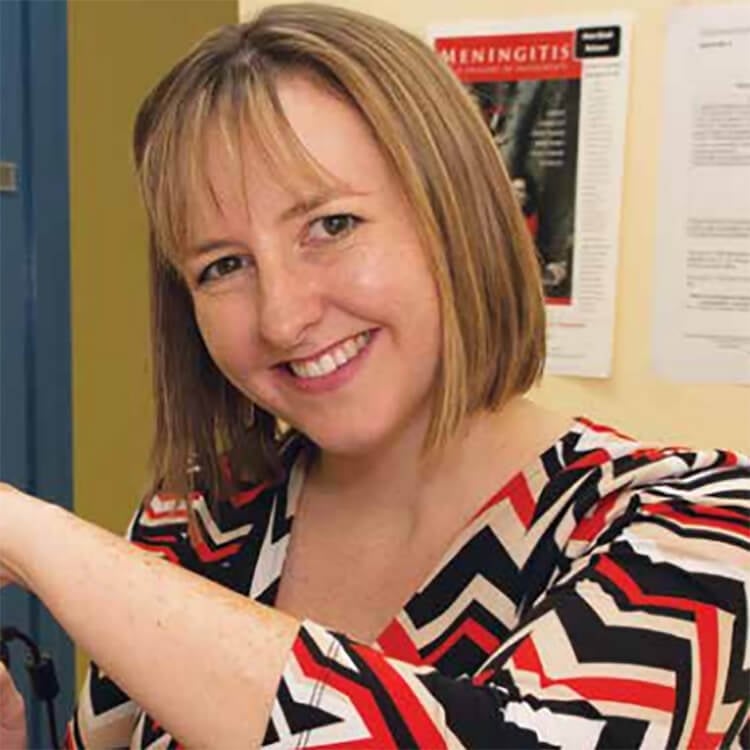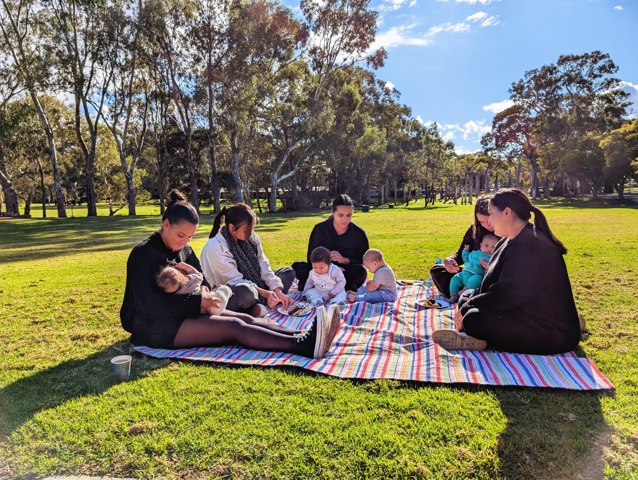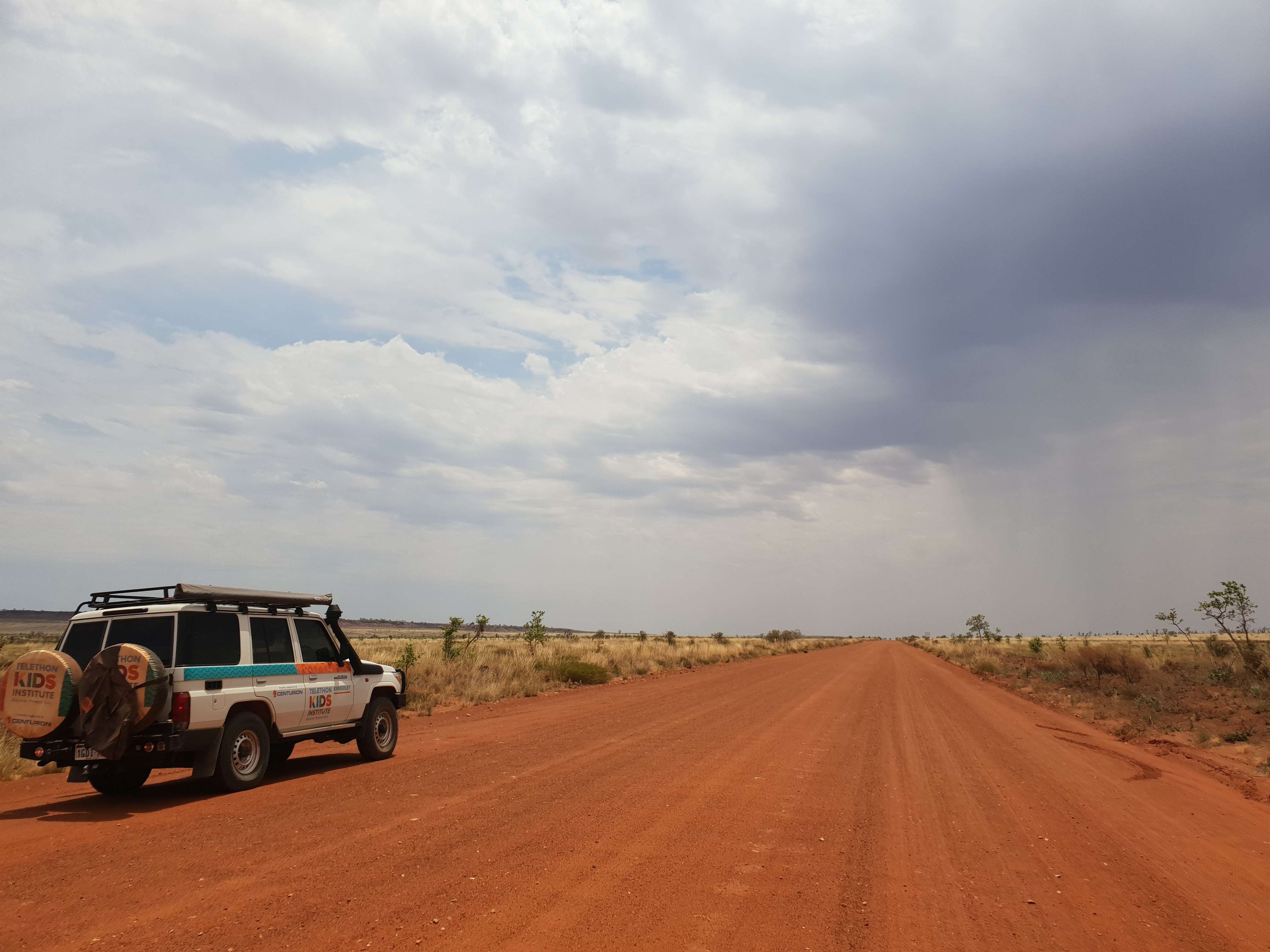Search

Are you a young person (14-25 years old) who is Aboriginal and/or Torres Strait Islander and LGBTIQ?

Honorary

Honorary Emeritus Fellow

Director of First Nations Strategy and Leadership; Head, First Nations Health and Equity Research

Head, Infectious Disease Implementation Research

Co-head, Bacterial Respiratory Infectious Disease Group (BRIDG)

Three researchers from The Kids Research Institute Australia were recognised as being among Western Australia’s brightest and most innovative scientific minds at last night’s 24th Premier's Science Awards.

A group of 19 Aboriginal women from South Australia, along with researchers from The Kids Research Institute Australia, have developed a culturally responsive, evidence-based model of care to support Aboriginal women with cardiometabolic complications in pregnancy in SA.

Led by The Kids Research Institute Australia and Aboriginal health organisations in close partnership with nine Aboriginal communities in Western Australia’s Kimberley region, the five-year SToP Trial set out to identify the best possible methods to See, Treat and Prevent painful skin sores and scabies.

The generous support of Western Australians through Channel 7’s Telethon is helping to fund life-changing child health research, with two The Kids Research Institute Australia researchers awarded significant grants.
